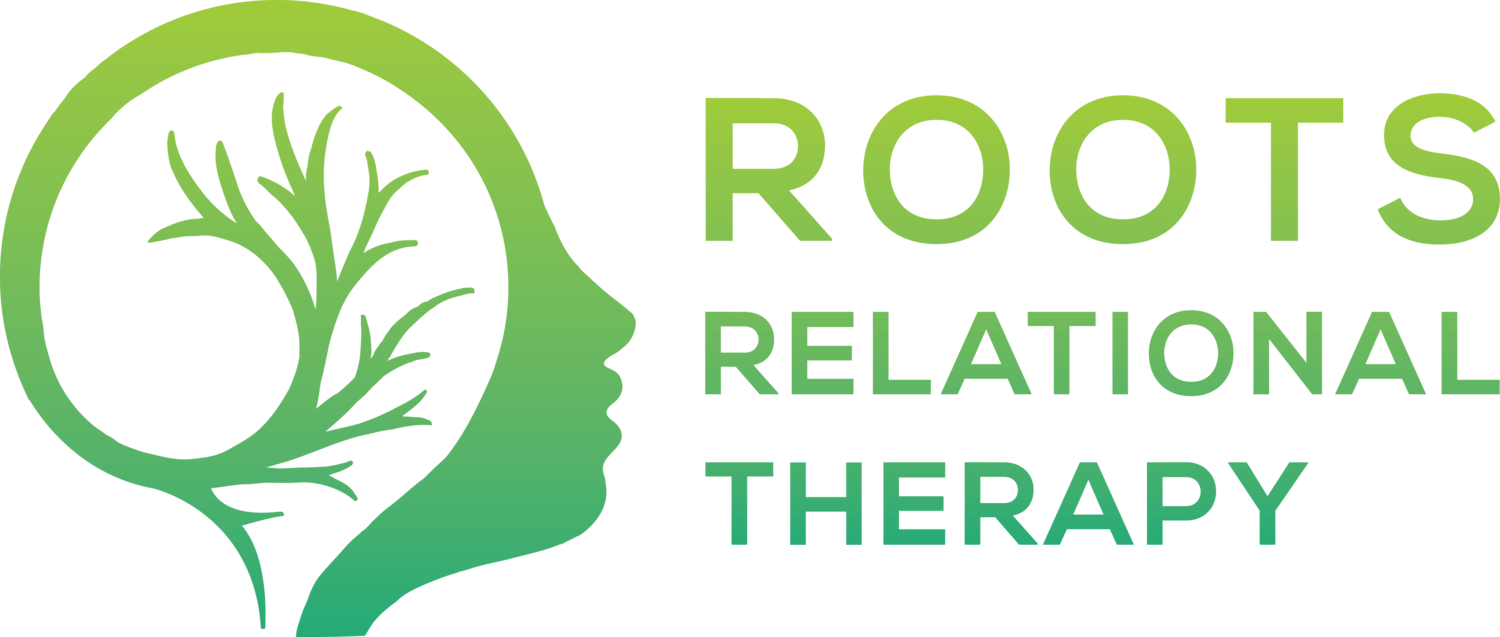Why Validation Isn’t Enough
It’s trendy to say “your feelings are valid”, but many people don’t know what that actually means, or what to do next with that information.
Validation is the recognition that a person’s feelings or opinions are legitimate. It means that if we were in their shoes, it would make sense that person might think or feel the way they do.
Feelings are always valid, however, they are not always accurate. Feelings are not factual, they are interpretive; a product of our perceived experience.
People come to therapy for many different reasons, but often, it generally boils down to a struggle with negative emotion. In order to be mentally healthy, validation of those difficult feelings is not enough. It’s a good start, but therapists need more tools than validation to effectively help people.
Validating Feelings vs Validating Agency
People need to know that feeling helpless isn’t the same thing as being helpless. That feeling like they can’t do something, doesn’t mean they actually can’t do that thing.
Some of the skills you should learn in therapy involve learning to notice when feelings arise, understand where they are coming from, process what that means, and decide how to move forward in reality.
Unfortunately, when therapists overuse the validation tool, they miss that essential last bit — helping the client decide how they want to move forward in reality. Therapists need to move beyond validating emotions, and into validating a person’s agency; their power to make change in their life.
When people struggle with overwhelming negative emotion, they forget they have the power to make changes. Validating the negative feelings too much limits the client’s self-perception of who they are and what they are capable of. A great therapist needs to have one foot in emotional validation where the client is now, and the other foot in the future the client is seeking to create for themselves.
Emotional validation is important, but so is encouraging agency, courage, and resilience by inviting and preparing clients to take voluntary steps outside of their comfort and coping, and towards their growth and empowerment.
We need both kinds of validation to be healthy! High support with high standards of personal responsibility. Otherwise, people get stuck in a victim mentality.
The Proper Progression
The more the therapist understands you, the more they can be of help to you. Beginning with validating your feelings based on your lived experience, and meeting you where you are now; the journey that led you into therapy in the first place.
Then, therapy should progress to reminding you that your emotions are not facts. It should consist of validating your personal agency, and supporting you as you build competence doing things you haven’t done before to manage those negative emotions.
The therapist is then able to witness and validate your earned sense of confidence as you become a more evolved version of yourself. The therapist reflects who you are becoming as your new normal, beyond who you were when you first came to therapy.
With this evolution comes a new vision of the future, where clients can go beyond just themselves, and become a great resource and support for others in a healthy way.
The proper progression in therapy is empowerment, not victimhood. On your search for a therapist for yourself or someone else, look for one that goes beyond emotional validation.
It’s hard to know for sure before you get started, so here are a few tips:
If the therapist offers an initial consultation before beginning treatment, ask them how they’ve helped someone like you before, and see if you like their answer.
If you’re more than four sessions in, and you haven't made any traction towards progress, that could be a sign to break up with your therapist, and find a better fit.
Where Can I Find More Help?
If you’re interested in learning how to notice, interpret, and utilize emotions in a healthy way — therapy can be a great resource for you!
Maybe you aren’t fully ready for therapy yet — That’s okay too! Click the button below to subscribe to my YouTube Channel, Tips from a Therapist, where I offer some of my best tips on how to improve your relationship with yourself and other people.
If you found this helpful, share it with a friend!
The more you know, the more you grow!
